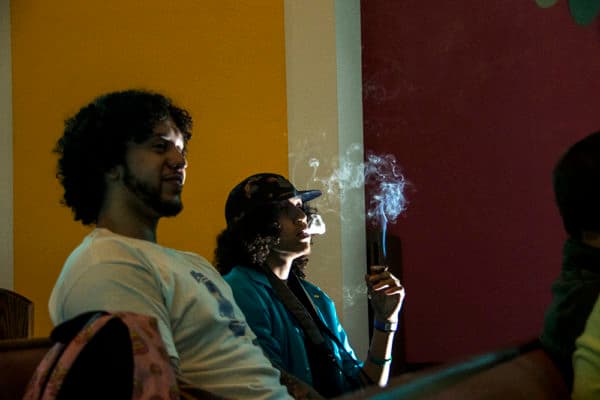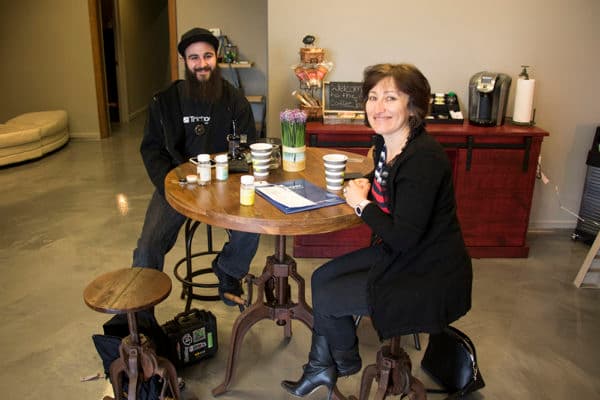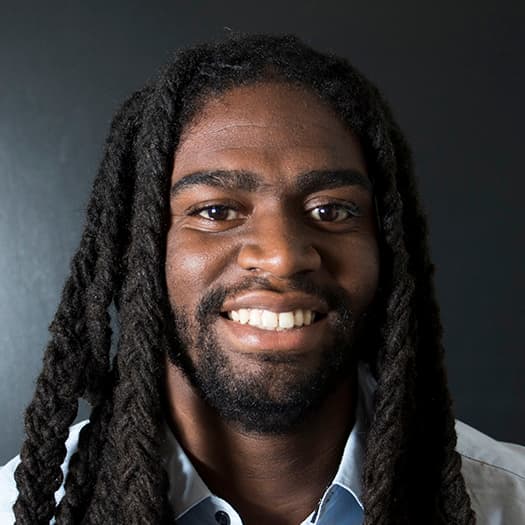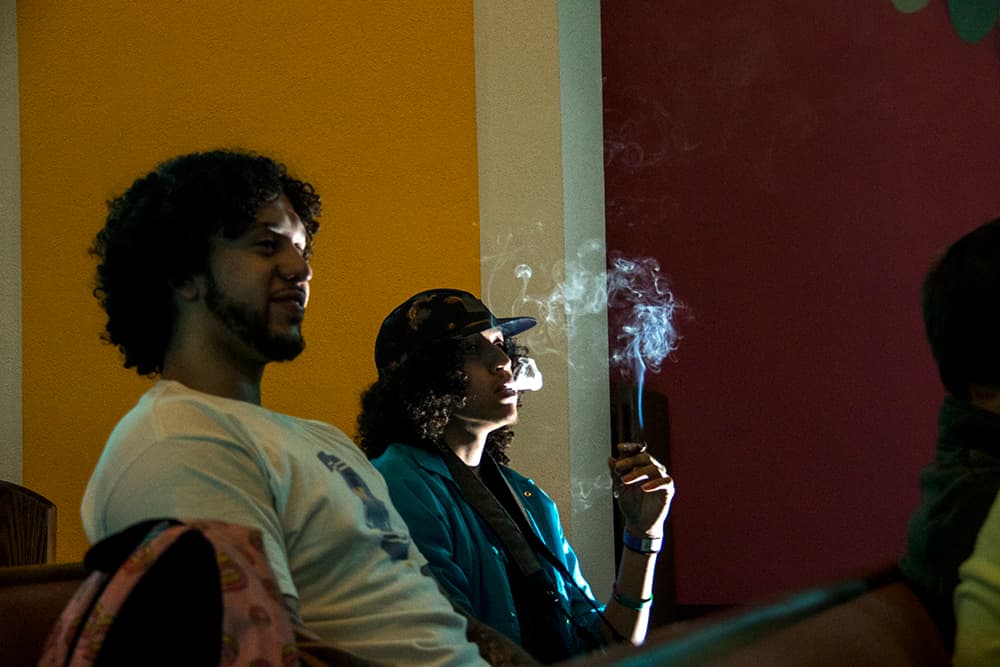
CORRECTION: This story originally misidentified one of the rules about eligible locations for the licenses. The eligibility is determined by, among other things, distances from certain types of facilities like schools.
Back in November 2016, Denver voters passed Initiative 300, a measure intended to provide residents and tourists safe establishments to consume cannabis. But so far only two businesses have applied for the necessary license, and only one business has it.
The Social Consumption Advisory Committee, headed by Councilwoman Kendra Black, has a put a task force together to investigate the reasons for the low turnout. While they're aware of a handful of businesses that will soon apply for the Designated Consumption Area (DCA) license, a sharp decline in inquiries about obtaining the license begs the question: Why is it so underutilized?
During a committee Tuesday, Molly Duplechian from the Denver Office of Marijuana Policy recounted some of the common reasons her office has heard from businesses who ultimately decide not to get the license, including having to choose between having an alcohol or marijuana consumption license, the regulations against smoking flower indoors, opposing landlords and an uphill battle to garner support from neighborhoods.
After a series of meetings, the task force is going to make recommendations to City Council about ways they can improve the ordinance to make it more business-friendly.
One huge hurdle for businesses is overcoming existing laws like the Colorado Clean Indoor Act, which prohibits indoor smoking. Emmett Reistroffer, one of the authors of Initiative 300, said most marijuana users prefer to smoke, Westword reported.
There are clauses in the Clean Air Act that allow for some businesses to let customers smoke indoors, but they are extremely limited and were crafted to cater to cigar lounges that existed before 2007.
Businesses were also stymied by the requirements for distances from schools, drug and alcohol treatment centers and other categories of buildings they must meet in order to obtain the license. Several members of the task force mentioned that the current requirements might deviate from the original intent of the voters.
Cindy Sovine-Miller, who is trying to open a cannabis-enhanced spa in Capitol Hill, is running into issues because she misses the distance requirement by 18 feet. But her neighbors don't seem to care, she said. She even got a letter of support from the school that falls within 1,000 feet of her potential spa.
Mike Hartman, executive director of the Colorado Department of Revenue, noted at the meeting that although statewide marijuana sales reached right below $1.5 billion last year, merely having the license does not appear to be a very profitable endeavor. Rita Tsalyuk, owner of the Coffee Joint, the only business currently holding the license, agreed and acknowledged that if she were relying on the social consumption area as a profitable venture for her business, she would be of luck.
“We’re happy with we got. Everybody has different agendas. What’s good for us is not good for somebody else,” she said in an interview with Denverite.

Members of the task force questioned whether it was reasonable to ask business owners to choose between alcohol sales and having a DCA license, as the former is extremely profitable and the latter appears to be just a heavily regulated expense. Businesses holding DCA licenses are not able to sell marijuana, so patrons bring their own. Several members and public speakers noted that while that separation was intended to foster safety, in reality, both substances are consumed together often and publicly anyway at places like bars and concert halls, etc.
Councilman Jolon Clark noted that the most important thing City Council can do with regulations is make sure they fits the original intention of the voters. He said that it might be time to revisit the actual law and that the group should not be opposed to suggesting fundamental changes if the original wording is incompatible with the voter's intentions.
Eric Escudero, director of communications for Denver's Department of Excise & Licenses and Office of Marijuana Policy, will hear the results from these meetings and is open to make changes if that is the assessment of the community, the task force and City Council.
At their next meeting, the task force will go over maps that indicate where businesses with a DCA license can exist to get a better sense of how the distance requirements are affecting potential businesses.













